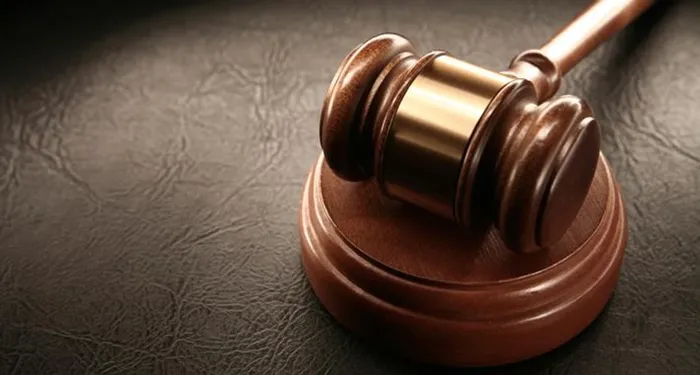AfriForum set to continue challenging curfew imposed for Covid-19 pandemic

AfriForum wants the curfew imposed by the government in light of the Covid-19 pandemic, overturned. Picture: File
Pretoria - Lobby group AfriForum yesterday asked the Gauteng High Court, Pretoria, to have the curfew imposed by the government in light of the Covid-19 pandemic, overturned.
It also wanted the sanctions imposed on anyone who did not adhere to the curfew nullified.
Deputy Judge President Aubrey Ledwaba was told there was no evidence to suggest the curfew was rationally connected to slowing the spread of Covid-19. Judge Ledwaba, however, removed the matter from the roll due to the lack of urgency.
AfriForum said this was not the end of the matter, and it would pursue it at a later stage.
The group said in court papers: “The curfew has caused untold economic damage to the hospitality industry. It is an unlawful breach of a series of constitutional rights, and it is imperative that it be reviewed and set aside before the start of the festive season.”
The lobby group did not challenge the lockdown, Disaster Management Act, or the government’s response to the pandemic. It simply challenged the curfew, which is as it stands, is between midnight and 4am.
According to AfriForum, it is unconstitutional as it inhibits the freedom of movement, while it said that it did not contribute at all in curbing the spreading of the pandemic.
According to the regulations, closing time for the hospitality industry, from restaurants and bars to cinemas and museums and places of worship, is already at 11pm.
AfriForum also attacked the fact that the penalty for breaking curfew was imprisonment of up to six months or a fine, or both.
The curfew has fluctuated since it was introduced, but it has been in force for the past 20 months.
It said according to the Ministerial Advisory Committee on Covid-19, the economy suffered its worst slump in a century last year.
The expanded unemployment rate now exceeds 44%. While there has been a strong rebound in activity in 2021 relative to 2020, economic activity in affected sub-sectors remains well below 2019 levels.
According to their papers, global responses to the identification of the Omicron variant have already resulted in visible economic impacts, with unprecedented losses seen on major stock markets.
AfriForum said President Cyril Ramaphosa during one of his speeches said the owners of restaurants, bars, taverns, hotels, conference venues and others in the hospitality sector had seen a massive decline in business.
He said the government recognised these hardships and would continue to find ways of supporting these sectors, and taking steps to enable their recovery.
According to AfriForum’s argument, the festive season is of paramount importance in the annual financial cycle of business at the coast.
AfriForum will later argue that the curfew places a burden on them by restricting trading hours. This is particularly severe for bars, taverns and nightclubs that would typically trade after 11pm. While these businesses usually make their money on weekends, the festive season provides a rare opportunity to make ends meet during the week, and keep food on the tables of their staff.
“The recent travel bans imposed by several developed countries pose an additional threat to these industries. They must be given the best possible chance at turning a profit over the holiday season, which means that any and all measures that may do so should be taken – including setting aside the curfew,” it said.
The government maintained that the aim of the curfew is to minimise opportunities for transmission to ensure that the health-care system does not become overwhelmed, and as a result lives are not lost.
But AfriForum said the curfew constitutes an infringement on the rights to freedom of movement, dignity, and trade.
“While the respondent (the government) describes the infringement on those rights as temporary, the curfew has been present from the start of the pandemic and has lasted 20 months,” AfriForum pointed out.
It said the government provided no evidence that curfews were strictly necessary to ensure that the health-care system did not collapse.
Pretoria News